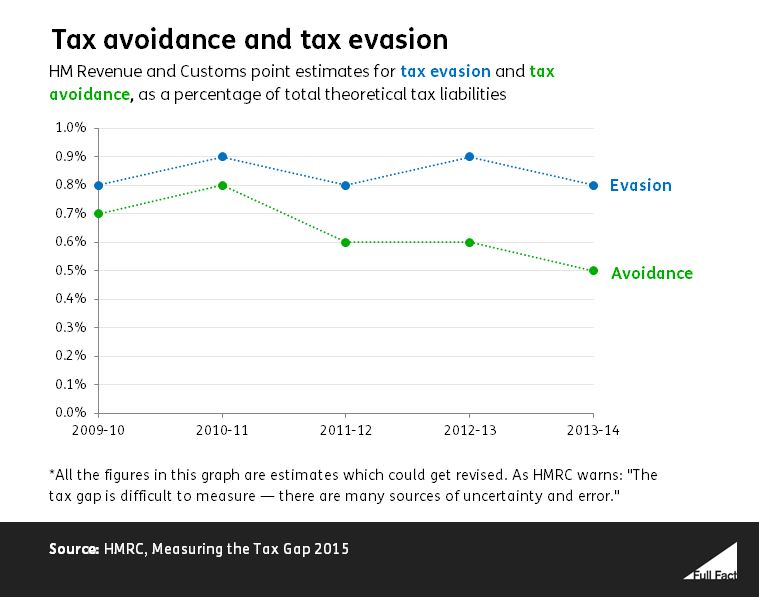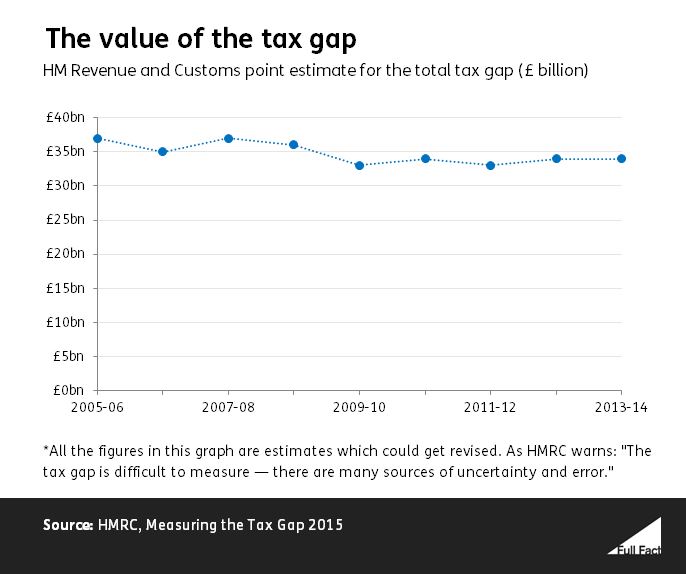If there’s a second referendum on Brexit, what question should be put to voters?
Posted on
September 13, 2018 by
Constitution Unit
In the fourth in a series of posts on the mechanics of a possible second referendum on Brexit, Jess Sargeant, Alan Renwick and Meg Russell consider what question should be asked. This would be crucial for any vote to command legitimacy. Various models have been proposed, but some are far more credible than others in the current context.
This is the fourth in a series of posts on the possible mechanics of a second referendum on Brexit. Having previously discussed the
timetable, and the
circumstances in which such a referendum might be called, this post considers what kind of question should be put to voters.
Which options might voters be asked to choose between?
Three main options could be considered for inclusion in any further referendum on Brexit:
- leave the EU on the terms the government has negotiated
- leave the EU without a deal
- remain in the EU
Some might add a fourth option: to reopen negotiations. But any option put to a referendum must satisfy two criteria: it must be feasible, and it must be clear. An option to reopen negotiations would fail on both counts: the EU might well refuse to reopen negotiations; and there would be no certainty as to what the UK might secure from such negotiations. A referendum of this kind could not ‘settle’ the issue of the UK’s relationship with the EU.
What form might the question take?
With three options in play, decisions would need to be taken about which of them should appear on the ballot paper, in what form, and in what combination. Several proposals have been made in recent debates, as set out in the table below.
Single Yes/No question
The first possibility is to present voters with one option and ask whether they support or oppose it. While in principle this could be done with any of the three options, such a case has in practice been made only in relation to leaving the EU on the terms of any negotiated deal. The government might propose this kind of referendum to seek a popular mandate, particularly if its deal were rejected by parliament.
Such a question format would be familiar to voters, but not tenable in the current situation. A Yes/No referendum poses a choice between the option on the ballot paper and the status quo. But the status quo in this case is unclear: rejection could mean support for staying in the EU, or for leaving without a deal, or indeed for some alternative deal. It would be too difficult for voters to make their decision and for parliament to interpret the result. A referendum of this kind is not advisable.
Single two-option question
A two-option format would be familiar from the 2016 referendum, and also easy to understand. But with three viable options, excluding any could prevent some voters from expressing their preference, which could undermine the referendum’s legitimacy. The depth of this problem varies between the possible combinations of options.
Negotiated deal vs. Remain
This option is favoured by many proponents of a second referendum, who argue that, given the potential disruption it could cause, putting the ‘no deal’ option to the people would be irresponsible.
But this route would dissatisfy many voters. Those who perceive ‘no deal’ as the option best honouring the 2016 referendum result could view a new referendum excluding this option as a deliberate attempt by politicians to overturn the previous result. This could cause an angry public backlash, and risk undermining democratic trust. The extent of backlash would likely depend on the nature of the negotiated deal – being greatest if the deal was considered ‘too soft’, but minimised if the deal were acceptable to pro-Brexit opinion leaders.
Negotiated deal vs. no deal
As in the previous case, a ‘deal versus no deal’ referendum would likely provoke a backlash amongst supporters of the excluded option – in this case, those who would prefer to remain in the EU. Legislation to enable a referendum of this kind is also very unlikely to get through parliament: current proponents of a second referendum would be unlikely to support a referendum where Remain was not an option.
No deal vs. Remain
If the government and the EU fail to agree a deal, leaving with no deal and remaining clearly become the only viable options. In these circumstances, a single two-option question would be logical, leaving voters with a clear choice.
This option could also potentially arise if the deal were rejected by MPs. But if a deal exists, it is likely that the government would argue strongly that it should be on the ballot paper – making such a scenario unlikely.
Single multi-option referendum
Some of the above reasoning points towards the possibility of a three-option referendum, which has been proposed by high-profile supporters of a second referendum including
Justine Greening and
Tony Blair.
The obvious advantage of this approach is that no prominent option is excluded, allowing voters to support their most preferred of the three options. This could help secure public legitimacy. It could also prove the format that parliament is most likely to support. Nonetheless it brings potential challenges. Such votes are unfamiliar in the UK, so administrators would probably need more time to plan for the poll and for regulating the campaign.
There is also a key question concerning what voting system should be used. This matters because different voting methods could lead to different outcomes – as demonstrated in the table below, which uses illustrative, notional figures not based on polling data.
First Past the Post
First Past the Post, where voters state a single preference and the option receiving the highest vote share wins, is the most familiar system for UK voters; but in a referendum it can easily lead to inconclusive results. In one example in Sweden in 1980, the three options on offer received, respectively, 18.9%, 39.1% and 38.7% of votes.
Such an approach would be unacceptable to many, as it could result in a winner on less than 50% of votes. It would split the ‘Leave’ vote between the deal and no deal options, which could, as in the table, allow the single Remain option to win – even if a clear majority of voters preferred one of the Leave options. Given such possibilities, the use of First Past the Post in a multi-option referendum is strongly ill-advised.
Alternative Vote
Under the Alternative Vote (AV) system, participants rank the options in order of preference. First preferences are counted, and if one option receives over 50% of the vote, it wins. If not, the option with fewest votes is eliminated and the second preferences of that option’s supporters are counted. Such a system allows voters to express their preference and avoids vote splitting.
But AV can be subject to the so-called ‘Condorcet problem’. If an option exists that could defeat any of the other options in a pairwise contest, many would argue that it should win. Under AV, however, this option could be eliminated in the first round, particularly if it is a compromise outcome attracting few first preferences. In the theoretical example above, the deal may be the option that is acceptable to the largest number of voters, but it is eliminated because it is fewest people’s first choice.
It has been proved mathematically that it is impossible to devise a voting system that eliminates the danger of any paradox such as the Condorcet problem in a multi-option contest. AV is not perfect, but no system can be – and AV is certainly preferable in a referendum context to First Past the Post.
Other voting systems
There are a number of other voting systems that would be used for such a vote, including a
Condorcet pairwise contest and ‘
Borda count’. But neither has previously been used for any prominent political vote in the UK. In a major referendum that demands high clarity and legitimacy, the use of new systems seems both risky and unlikely.
Two-question referendum
A last proposal is to have a two-question referendum. Two different forms of this have been proposed (matching those in the earlier table):
- Dominic Grieve model: In the first round, voters would be asked whether they approve the negotiated deal or not. If they reject the deal, they would later be asked whether they want the UK to stay in the EU or leave with no deal.
- Vernon Bogdanor model: Voters would first be asked whether they want the UK to remain in the EU or leave. If they vote to leave, a second ballot would give them the choice between the deal and leaving with no deal.
A two-part approach would allow all three options to be kept in play, whilst maintaining the familiar binary format of previous referendums. However, such arrangements would create very difficult tactical voting decisions for some voters, preventing them from expressing their preferences clearly. This in turn could lead to major legitimacy problems. For example, under the Grieve proposal, many voters’ decisions on whether they approved the deal would depend on what they would get if the deal was rejected – but they could not know this at the time of the first ballot.
Another concern with any two-ballot system is that the ordering of the questions could affect the outcome. The table below uses the same notional numbers as above and assumes that voters follow their first preferences. The negotiated deal could be rejected by as many as 80% of voters using the Grieve model, but chosen by 65% of voters on Bogdanor’s model.
A two-round referendum format would also take longer and create extra complexities for campaigners. For all of these reasons, it would be undesirable.Note: These calculations are made on the assumption that voters vote strictly in accordance with the same (wholly notional) preferences simulated in the previous table.
Conclusion
Having analysed the various question formats and excluded several, we are left with three viable approaches. If there is no deal reached between the UK and EU, a straightforward choice between no deal and remain would be logical. If a deal is reached, many referendum proponents would favour a deal vs. remain vote; but this could cause protests, the extent of which may depend on the content of the deal itself. If there is concern that excluding a viable option would be too controversial, a single multi-option referendum may be advisable, between the deal, ‘no deal’ and remain. In this case AV seems the best system to use.
In short, there is no single, simple way to make a collective choice in a referendum when there are more than two serious options. If such a vote proceeds, particularly if three options remain on the table, parliament will have some complex and important decisions to take.
This is the fourth in a series of posts on ‘The Mechanics of a Further Referendum on Brexit’. Further blogs on this topic will be added in the coming weeks: to see all posts in the series, visit our project page.
About the authors
Jess Sargeant is a Research Assistant at the Constitution Unit.
Alan Renwick is Deputy Director of the Constitution Unit.
Meg Russell is Director of the Constitution Unit.










